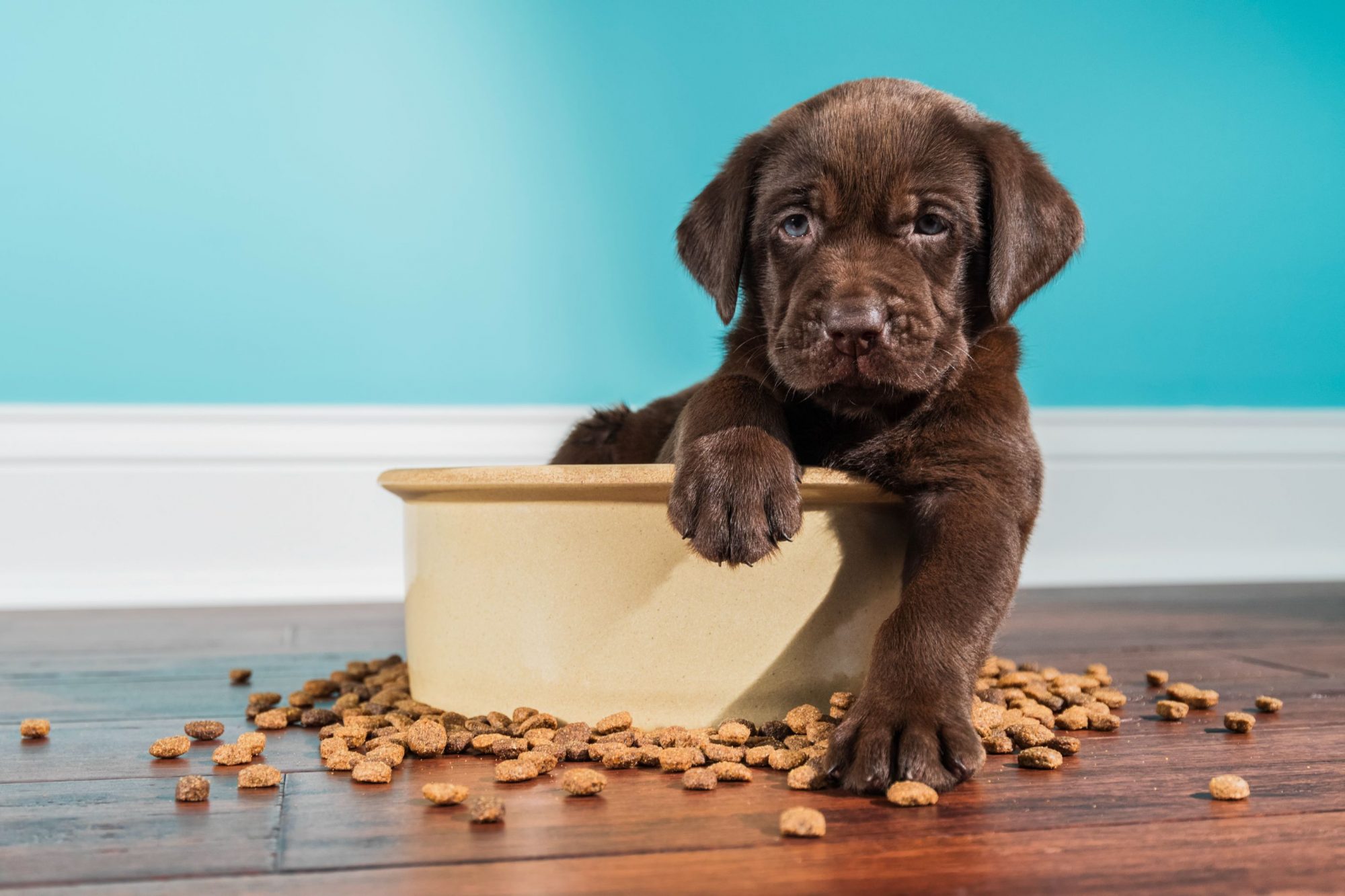Your Puppy’s First Year

Congratulations on adopting a sweet, fluffy, curious, adorable puppy! Your puppy’s first year is full of absolute delights, but they wouldn’t be nearly as wonderful without certain challenges or surprises. You take the good, you take the bad, and at the end of their first year, you’ll be amazed at their progress. Perhaps more amazing is the personal growth that happens among owners of puppies. For all concerned, adopting, training, and supporting a puppy’s needs is an incredible adventure.
Cute and Chaotic
Puppies can turn households upside down, at least for a little while. They can’t help it! They have a lot to learn in order to become the best addition to your household. To temper some of the madness that stems from their wild, impulsive, destructive, and messy ways, you can design a routine that builds confidence, trust, and stability to your puppy’s skill set.
Because they develop so quickly in such a limited period of time, it’s important to stay in front of their changing needs. With regard to their core and non-core vaccinations, microchip, spay/neuter surgery, parasite prevention, and nutrition, we can assist you every step of the way to ensure your puppy is on the path to lifelong health and vitality.
Bridging the Gap
Once your new puppy is fully vaccinated (typically around 16 weeks of age), you can start to introduce them to the world. Experiences in new places, among strangers, unfamiliar sights, sounds, and smells should be relaxed and positive. Never force your new puppy into a situation in which they feel scared or threatened.
Since you’ll likely be using positive reinforcement techniques for housetraining your puppy, apply the same tactics when socializing them. This means that they receive a treat or praise (or both) for good/positive behavior. Over time, they’ll have a positive association with all sorts of stimuli, such as traffic, crowds, unpredictable children, and a wide variety of people and places.
Speaking of Training
Housetraining has the potential to be the most challenging aspect to your puppy’s first year. Using positive reinforcement, be sure to have a treat for your puppy immediately after they go to the bathroom in the “right spot.”
Do not scold or punish them when they go inside the house. Keep bathroom breaks on a regular schedule (at least every 2-3 hours, immediately after waking up, and right after meals and water), only increasing time between potty breaks when they show greater control.
Never Too Early
Even though your puppy will lose their puppy teeth, it’s never too early to introduce them to the basics of pet dental care. A soft pet-specific toothbrush and toothpaste can be fun in their early months, and helps establish this as an important facet of their daily health. Pair it with brushing their coat or trimming their nails, and make it a regular occurrence.
Age-Specific Diet
Meals during your puppy’s first year will range from 2-4 meals a day. We are happy to make age-appropriate recommendations for portion sizes and meal frequency at your puppy’s first wellness exam. As they age, we can gradually phase out puppy food to adult food.
Your Puppy’s First Year Goes Fast
You might be shocked at how quickly your puppy’s first year goes by! If we can assist you with any questions about their health needs, behavior, or training, our veterinarians and staff members at Bayside Animal Hospital are happy to help at (916) 791-8387.


